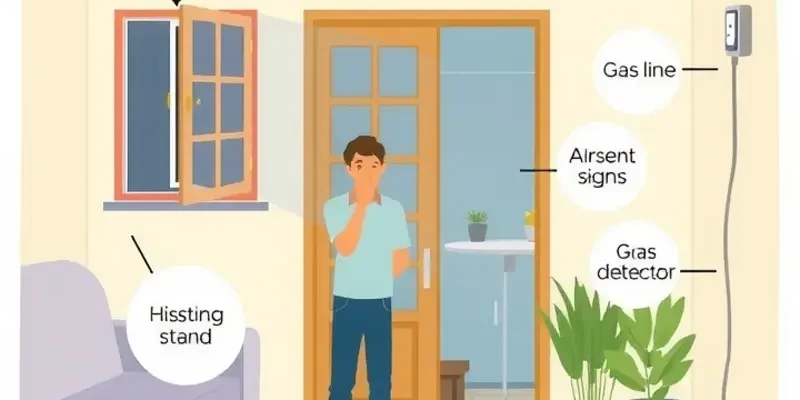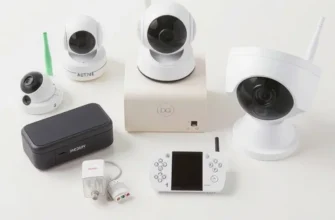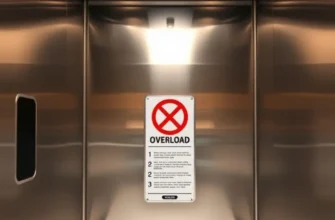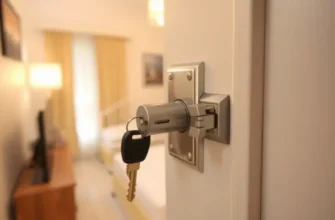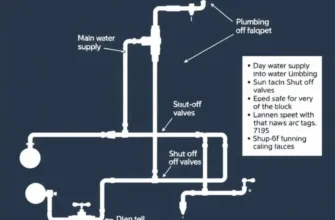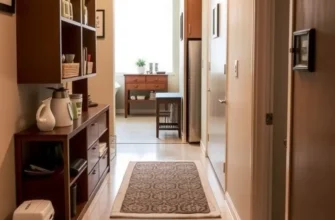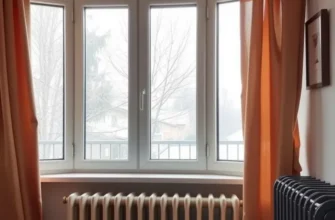Renting an apartment has its advantages, but it also comes with unique challenges, particularly regarding safety and security. One of the most critical safety issues that tenants need to be aware of is the risk of gas leaks. Gas leaks can pose serious dangers, not just to physical safety but also to overall well-being. As a renter, it’s essential to be proactive about detecting potential gas leaks in your apartment. Fortunately, innovative technologies and simple maintenance tips can help safeguard your living space without causing undue stress. This guide is designed to provide renters across the U.S. with practical steps, tips, and resources to effectively monitor their apartments for gas leaks, ensuring a more secure living environment for you and your loved ones.
Recognizing the Signs of a Gas Leak
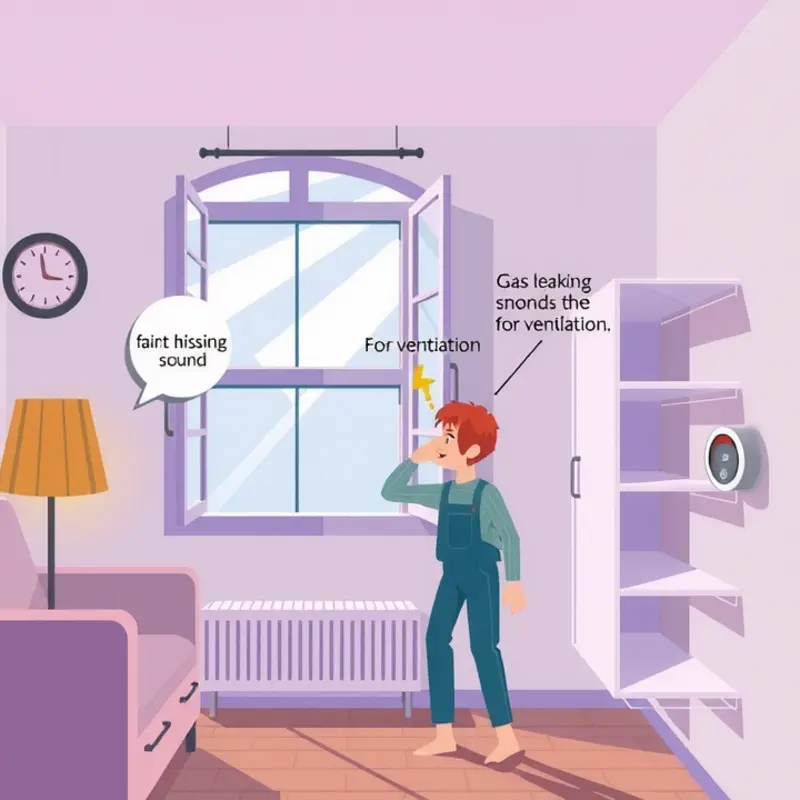
Being able to recognize the early warning signs of a gas leak in your apartment is paramount for ensuring safety and reacting promptly to potential dangers. Familiarizing yourself with these indicators can make a significant difference in avoiding hazardous situations.
Unusual Smells
One of the primary indicators of a gas leak is a distinct smell. Many utility companies add a harmless chemical to natural gas, which is otherwise odorless, to make it easier to detect. This chemical gives gas a sulfuric, “rotten egg” odor. If you detect this smell in your apartment, it shouldn’t be ignored. Investigate further or reach out to professionals for immediate assistance. It’s crucial to err on the side of caution when dealing with potential gas leaks.
Hissing Sounds
Beyond smell, listen for unusual sounds. Hissing or whistling noises near gas lines or appliances may signal a leak. These sounds typically indicate escaping gas, and their presence should prompt immediate investigation. Even the subtlest hiss can be significant and unsafe, warranting prompt action.
Physical Symptoms
Exposure to a gas leak can lead to physical symptoms that are difficult to ignore. Symptoms such as dizziness, headaches, nausea, or even breathing difficulties can arise in a poorly ventilated area where gas accumulation occurs. If you or anyone in your apartment begins to experience these symptoms, it is critical to move to a safe, well-ventilated area and seek medical attention if necessary. This precaution ensures your well-being and helps assess the severity of the exposure.
Changes in the Environment
Notice any visible changes to the environment within your apartment. Look for dying plants in particular areas, which may indicate gas exposure. Lights that flicker without explanation or appliances malfunctioning can also be symptomatic of a gas leak. If such environmental changes accompany other indicators of a leak, consider them verification for immediate action.
This chapter ties together the necessity of being perceptive to both sensory cues and environmental changes. By understanding and acting on these early warning signs, you can protect yourself and your neighbors. For further guidance on protecting yourself as a renter, you can explore more about state renter protection laws. This can help you understand your rights and obligations regarding safety concerns like gas leaks in an apartment setting.
By prioritizing your safety through awareness and prompt response, you can effectively manage and mitigate the risks associated with gas leaks in your apartment.
Effective Gas Leak Detection Solutions
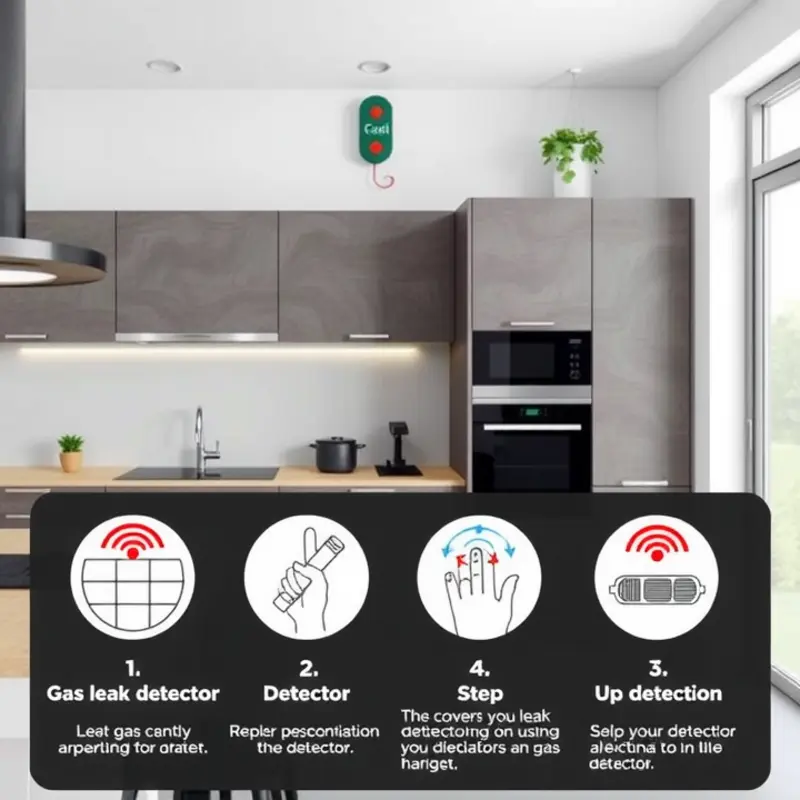
Ensuring safety within your apartment involves implementing reliable gas leak detection solutions. Opting for portable gas leak detectors offers peace of mind without complex installation. These devices are essential for renters, detecting hazardous gases like propane and methane. They are easy to use, often featuring visual and auditory alerts. Placing them near gas appliances increases their effectiveness. Ensuring they are calibrated correctly and tested regularly is vital for accurate readings.
For a hassle-free and cost-effective way to monitor gas leaks, consider simple DIY methods. A common trick is the soap and water test, which reveals leaks by producing bubbles at leak points. While not as precise as dedicated detectors, it can serve as a preliminary check. Ensure good ventilation when examining potential leaks, as fresh air disperses accumulated gases, reducing danger.
Maintaining and caring for gas appliances can significantly minimize leak risks. Regular inspection of gas lines and connectors is crucial, as deterioration or loosening could lead to leaks. Also, paying attention to manufacturer guidelines for appliance maintenance ensures appliances operate safely.
Understanding the implications of faulty gas appliances is especially essential for renters. Repair costs are generally the landlord’s responsibility, but early detection can prevent extensive damage or danger. Keeping a detailed record of any repairs or maintenance request submissions to your landlord can safeguard your interests. If you need assistance with landlord interactions, our renters’ rights guide can be a valuable resource.
Implementing these practical solutions ensures peace of mind, helping maintain a safe and pleasant living environment. Emphasizing preventive measures, renters can prioritize security effortlessly, minimizing potential incidents and enhancing safety without disruptions.
Final words
Ensuring the safety and security of your apartment is paramount, particularly regarding the risk of gas leaks. By recognizing the signs and investing in effective detection solutions, renters can take proactive measures in maintaining a secure living environment. With the right approach, you can enjoy your apartment with peace of mind, knowing that you are prepared for any potential hazards. Remember, safeguarding your home from gas leaks not only protects your personal safety but also contributes to the overall security of your community.

